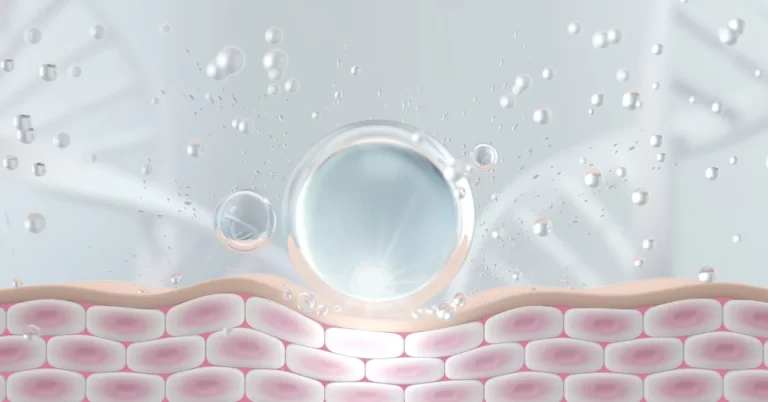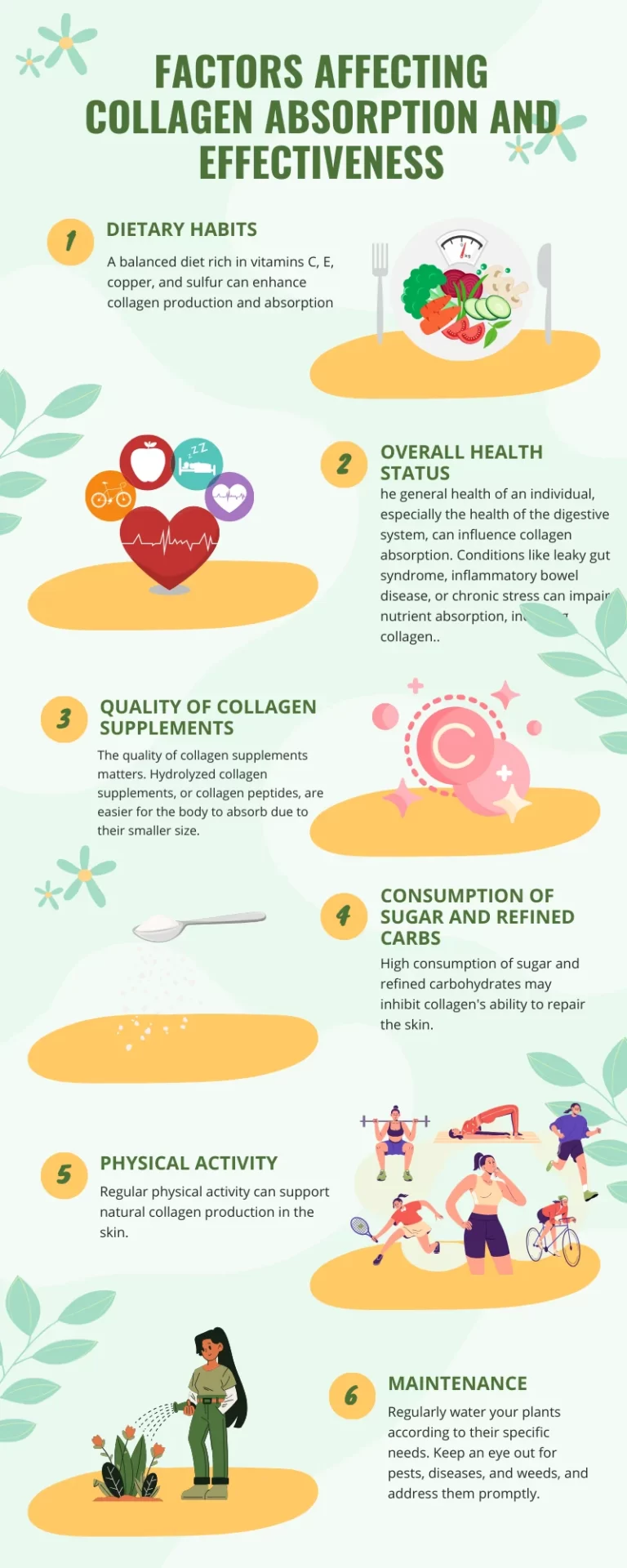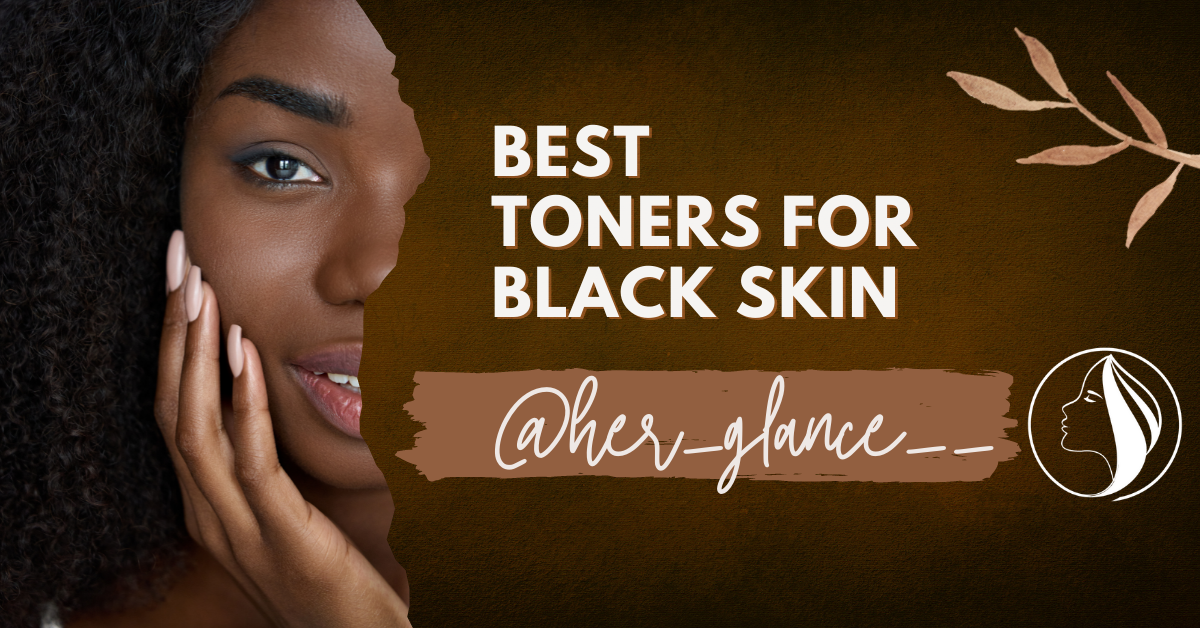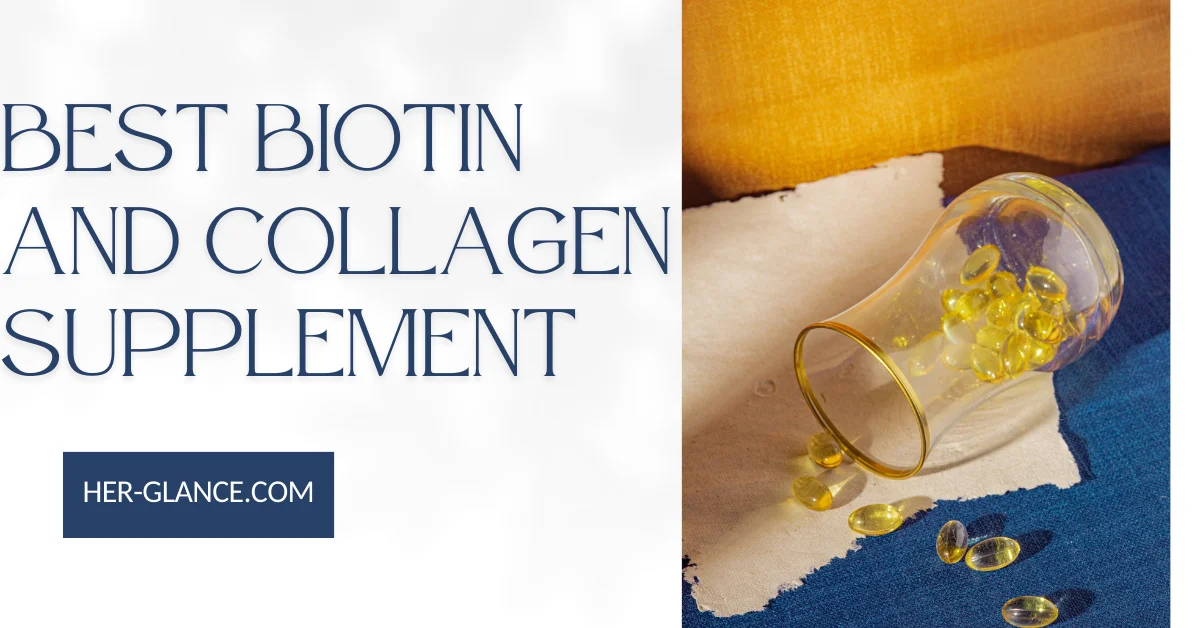How Long Does Collagen Take To Work On Skin
Understanding the interaction between collagen and skin health is crucial for effective skincare. This article explores the science of collagen’s role in skin health, its natural production, and the impact of aging. We will delve into various collagen supplements, considering real-life experiences and potential side effects. Lastly, we will discuss lifestyle changes that can enhance collagen’s effects, drawing on expert opinions. Join us as we answer the question: How long does collagen take to work on skin?

- Why is Collagen So Important For Skin Health?
- The Science Behind Skin and Collagen
- How the Body Produces Collagen Naturally
- Collagen Loss With Age: a Closer Look
- Different Types of Collagen Supplements for Skin
- How Collagen Supplements Work on Skin
- Timeframe: When to Expect Results From Collagen Use
- Factors Affecting Collagen Absorption and Effectiveness
- Real-Life Experiences: Case Studies of Collagen Use
- Potential Side Effects of Collagen Supplements
- Improving Collagen Effects: Lifestyle Changes and Habits
- Expert Opinions on Collagen and Skin Health
- Conclusion
Why is Collagen So Important For Skin Health?
A significant amount of research suggests that collagen plays a vital role in maintaining skin health, predominantly due to its ability to promote hydration and elasticity. Comprising about 75% of the skin’s dry mass, collagen is the most abundant protein in the human body. It serves as an essential building block for the skin, contributing to its structure and strength.
Scientific studies have demonstrated that collagen has the ability to maintain skin elasticity and hydration. As we age, the body’s production of collagen decreases, leading to skin dryness and the development of wrinkles. This is where supplemental collagen can be beneficial. According to a review published in the “Journal of Medical Nutrition and Nutraceuticals“, collagen peptides have shown considerable improvement in skin elasticity and hydration after regular consumption for a few weeks.
Moreover, collagen is known to assist in wound healing. A study published in the “Archives of Dermatological Research” indicates that collagen synthesis is an integral part of the healing process, facilitating the replacement of damaged tissues.
Furthermore, collagen can offer protection against harmful external factors. Exposure to UV radiation, one of the primary causes of premature skin ageing, can lead to collagen degradation. A study in the “Journal of Investigative Dermatology” found that collagen might provide some defense against UV-induced damage.
The Science Behind Skin and Collagen
Focusing on the science behind skin and collagen, we delve into the underlying mechanisms that facilitate the interaction between these two essential components of skin health, highlighting the role of collagen not only in skin elasticity and hydration but also in protection against environmental damage.
Collagen, a structural protein, accounts for nearly 80% of the skin’s dry weight. It operates in tandem with elastin to provide mechanical strength and elasticity to the skin. However, collagen serves a dual purpose. It also holds a significant role in the skin’s natural defense system, forming a protective barrier against oxidative stress and environmental pollutants.
The synthesis of collagen in the dermis layer of the skin is a complex, vitamin C-dependent process. Fibroblast cells produce procollagen, which is then converted into tropocollagen, the precursor to collagen fibers. With age, collagen production slows down, and existing collagen is degraded by enzymes, leading to skin aging signs such as wrinkles and sagging.
Topical collagen, oral supplements, and collagen-stimulating treatments, such as micro-needling, aim to boost collagen levels in the skin. However, the efficacy of these interventions depends largely on the individual’s age, overall health, and lifestyle. A balanced diet, adequate hydration, and sun protection can further enhance collagen production and preservation.
How the Body Produces Collagen Naturally

Understanding how the body produces collagen naturally involves examining the role of essential nutrients and specific cellular processes in collagen synthesis. Collagen, a protein that provides strength and elasticity to the skin, is produced by fibroblasts, specialized cells within the skin.
The process begins when fibroblasts receive a signal to produce collagen, typically in response to injury or in support of regular skin turnover. The fibroblasts then synthesize procollagen, a precursor molecule, using amino acids and vitamin C. This procollagen is secreted outside the cell, where it undergoes enzymatic reactions to form tropocollagen, the building block of collagen fibers.
Essential nutrients, particularly vitamin C, lysine, and proline, are critical for this process. Vitamin C acts as a co-factor in the enzymatic reactions, while lysine and proline serve as primary components of the collagen molecule. A deficiency in these nutrients can impair collagen synthesis and affect skin health.
An understanding of this process offers insights into how to support natural collagen production. A balanced diet rich in these key nutrients, along with adequate hydration, can promote skin health by facilitating efficient collagen synthesis.
Additionally, certain lifestyle factors can impact collagen production. For instance, exposure to sunlight causes the breakdown of collagen, while smoking impairs fibroblast function. Avoiding these damaging factors can help preserve natural collagen levels. If you want to learn how to increase your natural body production of collagen, read our post here.
Collagen Loss With Age: a Closer Look
Why does collagen production markedly decrease with age, leading to visible signs of aging such as wrinkles and sagging skin? The answer lies within our body’s natural aging process. As we age, our cells progressively lose their capacity to produce collagen—a crucial protein responsible for maintaining skin elasticity, strength, and regeneration. This slowdown is a consequence of both intrinsic aging, such as genetic factors, and extrinsic aging, including environmental stressors like ultraviolet radiation and pollution.
Research indicates that after the age of 25, collagen synthesis decreases by approximately 1% per year. By the time we reach our 40s, collagen levels have often dropped significantly, leading to the onset of visible aging symptoms. A key contributing factor to this decline is the decrease in the activity of fibroblasts, the cells responsible for producing collagen.
The reduction in collagen production is further exacerbated by the natural decrease in our body’s ability to protect itself against oxidative stress. This stress, caused by free radicals, damages collagen fibers and inhibits new collagen synthesis. Furthermore, the degradation of existing collagen by enzymes such as matrix metalloproteinases accelerates with age, resulting in a faster loss of collagen than can be replaced.
While it is impossible to completely halt the natural aging process, advancements in dermatological science have brought forward treatments that can stimulate collagen production and slow down its degradation. These include topical retinoids, vitamin C serums, and aesthetic procedures like micro-needling and laser therapy. A balanced diet rich in antioxidants, adequate hydration, and sun protection can also support collagen maintenance and contribute to healthier, younger-looking skin.
Different Types of Collagen Supplements for Skin
While collagen production naturally declines with age, taking collagen supplements, such as hydrolyzed collagen or marine collagen, can potentially help to restore the skin’s elasticity and reduce visible signs of aging. Numerous studies support the efficacy of these supplements, underlining their role in promoting healthier, more youthful skin.
Several types of collagen supplements are available on the market, each with unique properties and benefits. Let’s delve into the key differences:
Hydrolyzed Collagen: This type is broken down into smaller molecules, making it easy for the body to absorb. It supports skin hydration and elasticity and reduces wrinkles.
Marine Collagen: Derived from fish, this collagen type is rich in type I collagen, the most abundant collagen type in the skin. It is renowned for improving skin hydration and firmness.
Bovine Collagen: Extracted from cows, it is high in types I and III collagen, supporting skin, muscle, and bone health.
Chicken Collagen: This is rich in type II collagen, which is beneficial for joint health. While it’s not primarily used for skin, it supports overall wellbeing.
Eggshell Membrane Collagen: This offers type V collagen, which aids in the creation of fibrils, fundamental components of the skin.
Selecting a collagen supplement depends on individual needs and health goals. It’s always advisable to consult a healthcare professional before starting any supplement regimen. Ultimately, regular intake and patience are key, as visible results in skin appearance may take several weeks to months.
If you want to learn difference between Marine collagen and Collagen Peptides, read our post here.
How Collagen Supplements Work on Skin
Collagen supplements, when ingested, enter the bloodstream and are distributed to the dermis, stimulating fibroblasts to produce new collagen, elastin, and hyaluronic acid, which are crucial components for maintaining skin’s elasticity, hydration, and youthful appearance. This process is not instantaneous. It depends on several factors, including the individual’s age, their skin condition, lifestyle factors, and the type and dosage of collagen supplement taken.
According to scientific research, noticeable effects on the skin, such as improved elasticity and hydration, reduced wrinkles, and a general youthful appearance, can begin to appear after about 8-12 weeks of consistent and correct collagen intake. The Journal of Medical Nutrition and Nutraceuticals published a study in 2015 revealing that participants who took collagen regularly for 60 days experienced significant improvements in skin hydration and elasticity.
Furthermore, collagen supplements are not a one-time solution; they must be taken consistently to maintain their benefits. It is also important to note that while collagen supplements can significantly enhance skin health, they are not a substitute for a balanced diet, good hygiene, and other skin-care practices.
Timeframe: When to Expect Results From Collagen Use
Expecting visible results from collagen use typically requires a period of 8-12 weeks of consistent intake, with some variances depending on individual factors and supplement dosage. This timeline is not arbitrary but is based on the natural cycle of skin renewal, which takes about 27 days. However, collagen consumption affects deeper skin layers, and for the new, collagen-enriched skin cells to reach the surface, a longer span is needed.
The timeframe is influenced by certain variables:
Age: Collagen synthesis naturally slows down with age; hence, older individuals may need more time to see noticeable improvements.
Skin condition: If the skin is significantly damaged, more time may be needed for collagen to repair and rejuvenate it.
Lifestyle: Smoking, excessive sun exposure, and poor nutrition can hamper collagen absorption and synthesis, extending the timeframe for visible results.
Product quality: High-quality, hydrolyzed collagen supplements are generally more effective and deliver faster results.
Dosage: A higher dosage can speed up the process, but it’s crucial to follow the manufacturer’s instructions or a healthcare provider’s advice to avoid potential side effects.
These variables underline the importance of patience and consistency when taking collagen supplements. It’s essential to remember that individual responses to collagen supplementation can vary significantly. While some individuals may see improvements within a few weeks, others may need several months. Therefore, understanding the factors affecting the timeframe can better equip individuals to manage their expectations and remain consistent in their collagen intake.
Factors Affecting Collagen Absorption and Effectiveness

Dietary habits, overall health status, and the quality of collagen supplements are key concrete factors that can significantly influence the absorption and effectiveness of collagen in the human body. A balanced diet rich in vitamins C, E, and nutrients such as copper and sulfur can enhance collagen production and absorption. In contrast, consuming high amounts of sugar and refined carbs may inhibit collagen’s capability to repair the skin.
The quality of the collagen supplement also matters. Hydrolyzed collagen supplements, or collagen peptides, are easier for the body to absorb and use due to their smaller size. Furthermore, a study in Nutrients journal found that collagen peptides are highly bioavailable and can be detected in the bloodstream just one hour after ingestion.
General health status, particularly the health of the digestive system, is another critical factor. Issues like leaky gut syndrome, inflammatory bowel disease, or chronic stress can impair the body’s ability to absorb nutrients, including collagen.
To ensure collagen is effective, a holistic approach is recommended. This includes maintaining a balanced diet, choosing high-quality collagen supplements, and addressing any underlying health issues that could impair absorption. Regular physical activity, adequate sleep, and minimizing exposure to ultraviolet rays can also support natural collagen production in the skin.
Real-Life Experiences: Case Studies of Collagen Use
The next phase of our discussion will delve into an examination of real-life case studies pertaining to collagen use. We will explore the journey of five individuals, where their experiences will provide a more comprehensive understanding of how collagen impacts skin health.
Case 1: A 35-year-old woman began incorporating collagen supplements into her daily routine to combat premature aging. After 12 weeks, she reported a noticeable improvement in skin elasticity and reduced wrinkles.
Case 2: A 50-year-old man suffering from dry skin started using a topical collagen cream. With consistent use for 6 weeks, his skin retained more moisture, appearing healthier and less flaky.
Case 3: A 28-year-old woman with acne scars used collagen-infused skincare products for 3 months. The result was a significant reduction in the visibility of her acne scars and an overall improvement in skin texture.
Case 4: A 45-year-old woman, suffering from sagging skin, regularly consumed collagen-rich foods and supplements. After 8 weeks, she noticed her skin felt firmer and there was a noticeable lift in sagging areas.
Case 5: A 60-year-old man, with sun-damaged skin, made use of collagen peptides. After a 5-month period, his skin showed improved resilience against environmental stressors and a decrease in sunspots.
These cases demonstrate the potential benefits of collagen for a range of skin conditions. However, it’s important to note that results may vary, and it is always advisable to consult with a healthcare provider before starting any new supplement regimen.
Potential Side Effects of Collagen Supplements
In our discourse regarding collagen supplements, we must not overlook the potential adverse effects, as some users have reported experiencing a range of symptoms, including but not limited to three common side effects: bloating, skin rashes, and heartburn. As collagen products continue to gain popularity in health and beauty circles, it is crucial to consider their impact beyond surface-level benefits.
Bloating is one of the most frequently reported side effects of collagen supplementation. This discomfort can stem from the body’s adjustment process to the higher protein intake. While this effect is typically temporary, it can be uncomfortable and disrupt daily activities.
Skin rashes, although less common, have also been reported by some collagen supplement users. These can manifest as itchiness, redness, or inflammation. The cause of these rashes may be due to an allergic reaction or sensitivity to the ingredients within the collagen supplement. Therefore, users are advised to carefully examine the components of any supplement they intend to use.
Heartburn is another side effect that has been linked to collagen supplements. This can be particularly discomforting and may require medical intervention if symptoms persist. The cause of this heartburn could be the high protein content in collagen supplements, which can increase stomach acid production.
These potential side effects underscore the importance of consulting a healthcare professional before starting any new supplement regimen. While collagen supplements offer numerous benefits, including improved skin elasticity and joint health, potential users must weigh these advantages against the possible adverse effects. This approach ensures a balanced perspective that prioritizes overall health and well-being.
Improving Collagen Effects: Lifestyle Changes and Habits
Understanding the role of lifestyle modifications and healthy habits is integral to enhancing the efficacy of collagen supplements and fostering overall skin health. It’s important to recognize that while collagen supplements can contribute to improved skin texture and elasticity, their effectiveness is significantly impacted by the overall state of one’s health and lifestyle habits.
Research indicates that specific lifestyle modifications can boost the effectiveness of these supplements. The following are five key changes that may improve collagen production and the health of your skin:
Adequate Hydration: Regular water intake helps maintain skin moisture, promoting collagen synthesis and preservation.
Balanced Diet: Consuming a diet rich in vitamin C, proline, and copper can support collagen production.
Sun Protection: Prolonged sun exposure can degrade collagen. Regular use of sunscreen can mitigate this.
Exercise: Regular physical activity increases blood circulation, which helps nourish skin cells and stimulate collagen production.
Limiting Sugar Intake: Excessive sugar can cause collagen to become brittle and break down, resulting in premature aging.
It’s vital to remember that the effectiveness of collagen supplements can’t be fully optimized without considering these lifestyle factors. A holistic approach to skin health, incorporating both supplementation and positive lifestyle changes, can create an environment conducive to optimal collagen function. This comprehensive approach ensures that the skin is not only receiving the benefits of collagen supplementation but also being supported by lifestyle habits that promote overall skin health and wellbeing.
Expert Opinions on Collagen and Skin Health
Often, dermatologists and nutritionists assert that regular intake of collagen supplements, when accompanied by a healthy lifestyle, can significantly enhance skin health and vitality. An increasing amount of scientific evidence supports this claim, showcasing the beneficial effects of collagen on the skin’s elasticity, moisture retention, and overall appearance.
A study published in the Journal of Medical Nutrition & Nutraceuticals found that oral collagen peptide supplements improved skin hydration by 28% after 8 weeks of intake. Similarly, a review in the Journal of Drugs in Dermatology reported a significant increase in skin elasticity and a decrease in skin dryness after collagen supplementation.
However, experts emphasize the necessity of patience when expecting visible results from collagen supplements. The body’s process of metabolizing and utilizing the ingested collagen takes time, usually requiring several weeks to months. Dermatologist Dr. Patricia Farris maintains that noticeable changes in skin health may take up to 12 weeks following regular collagen supplementation.
Moreover, the efficacy of collagen supplements can be influenced by factors such as age, overall health condition, and lifestyle choices. Healthy habits such as balanced nutrition, regular exercise, and adequate hydration can enhance the body’s absorption and utilization of collagen.
Conclusion
In conclusion, collagen plays a pivotal role in maintaining skin health and elasticity, with its effects noticeable after several weeks of consistent use. It’s crucial to consider the quality of collagen supplements, potential side effects, and to adopt lifestyle changes that enhance collagen production.
However, individual results may vary, and it’s advisable to seek expert opinions before starting a collagen regimen. Continued research into collagen’s impact on skin health remains essential for definitive conclusions.








